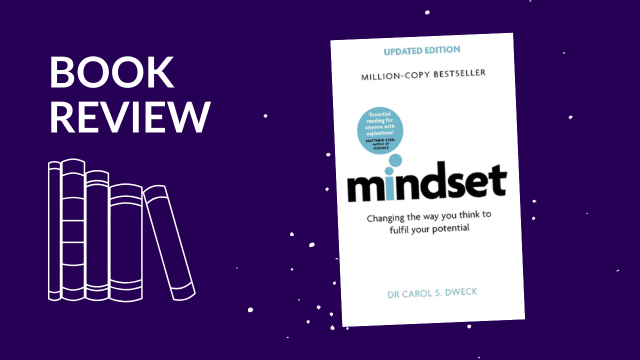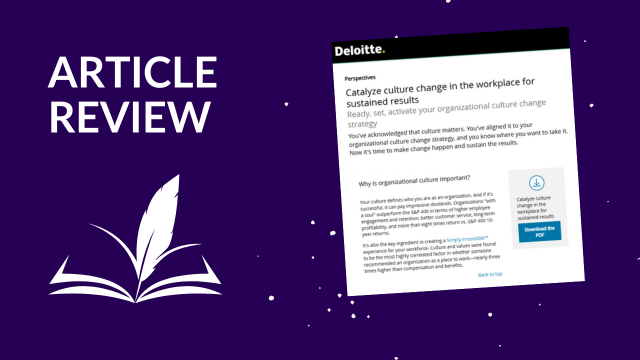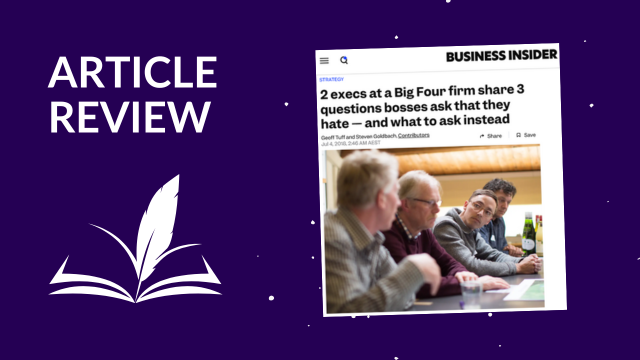TED presenter Margaret Heffernan challenges the corporate focus on star employees who outperform their peers. In Why It’s Important to Forget the Pecking Oder at Work, “Super-performers” don’t raise the overall level of company performance; rather, they suppress it.
If superstars aren’t what makes some groups more successful than others, what does?
- There is a high degree of social sensitivity to each other.
- They give roughly equal time to each other within the group; no voice dominates and there are no “passengers.”
- They have more women than other groups.
“Some groups do better than others. The key to that is their social connectedness to each other.” It is about what happens between people! This shows up through helpfulness. Individual performers don’t have to be good at everything; they have to be open to getting and giving help.
“Companies don’t have ideas; only people do. And what motivates people are the bonds and the trust and the loyalty they generate between each other. What matters is the mortar, not just the bricks.”
When you look at your change team, is it just bricks, or is there also strong mortar?







